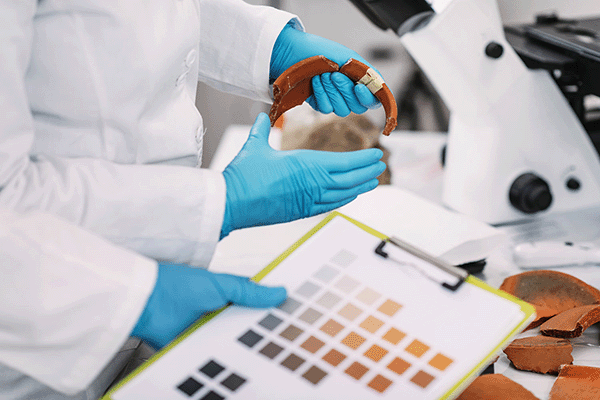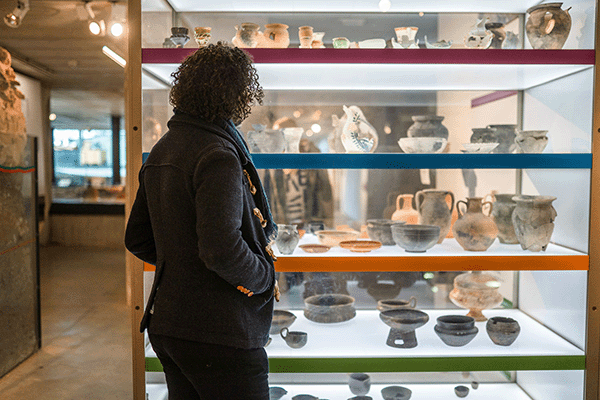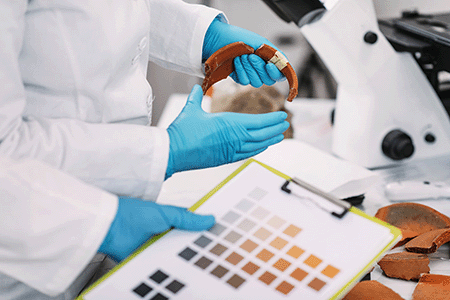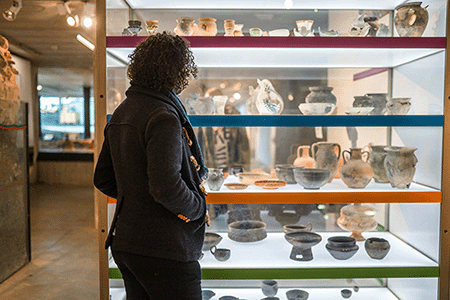Organisation: Historic Environment Scotland
Principal investigator: David Mitchell
Project overview
Historic Environment Scotland (HES) frequently receive requests for advice on the practicalities of retrofitting traditional buildings and for support in testing retrofit products that utilise traditional and sustainable materials. However, HES currently lacks the space and resources necessary to meet this growing demand. Improving the energy efficiency of traditional buildings is crucial for achieving net zero targets, especially since the UK has the largest proportion of traditionally constructed buildings in Europe.
The installation of energy efficiency measures in these buildings requires significant intervention and care. It is essential to ensure that retrofit measures are correctly installed and are compatible with each building’s original design in terms of moisture management, ventilation and thermal performance. Moreover, it is vital to preserve the cultural significance of each building during the adaptation process.
Project purpose
The project aims to address the urgent need for improved retrofit solutions of traditional buildings by establishing a dedicated facility. This new Retrofit Centre for Traditional Buildings will enable HES to expand its technical research capacity, allowing for the testing and development of sustainable retrofit products and methods.
This facility will provide essential training to enhance skills in monitoring building performance post-retrofit. These efforts will ensure that interventions optimise thermal efficiency, moisture control and indoor air quality, while preserving the cultural significance of each building. This facility will permit opportunities for innovation, applying new methods and experimenting with low-carbon materials.
Project impacts
This project will lead to the establishment of the Retrofit Centre for Traditional Buildings, elevating HES’s role in advancing heritage science. This facility will set new standards through collaborative partnerships with academic, commercial and public sector stakeholders. By disseminating findings and best practices, HES aims to influence national policy and industry standards, benefiting both the heritage and construction sectors.
Through innovative research and targeted interventions, this project will promote healthier and more sustainable living environments, contributing to enhanced wellbeing and resilience against climate change impacts.









